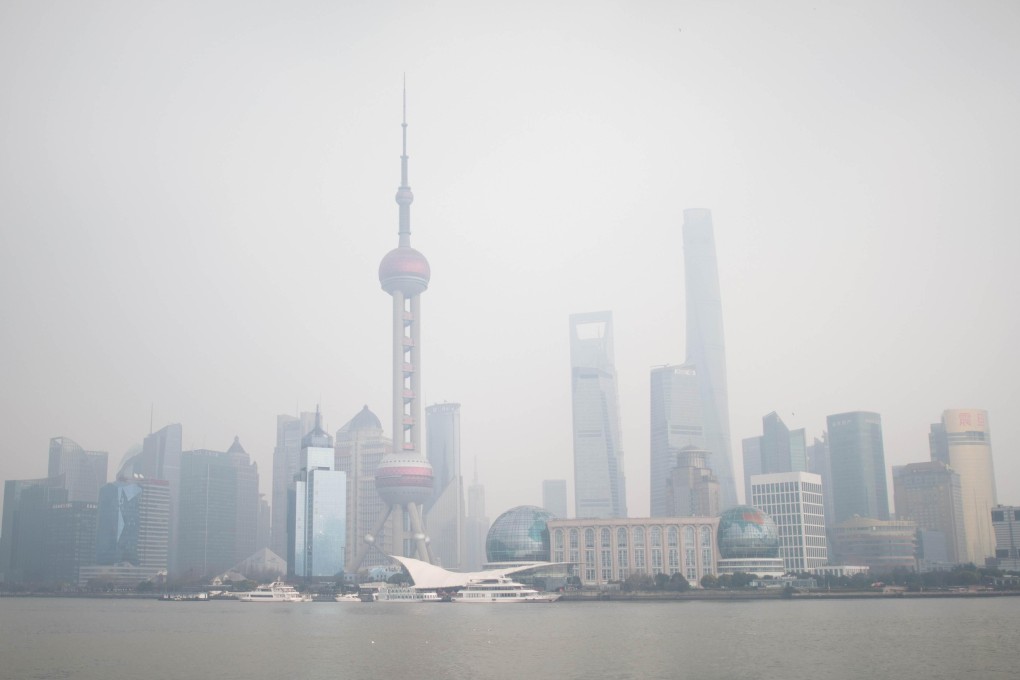Yangtze Briefing | Leaving half a city's residents on the outside
Migrant workers are shaping Shanghai but still kept at arm's-length

Shanghai chauvinists may be disappointed to find out "non-locals" - or residents without a Shanghai hukou - will one day become the majority in the city, according to a recent study.
More than 51 per cent of newborns' parents do not have a local hukou, or residential registration in Shanghai, the Oriental Morning Post reported. A decade ago, the figure was just 21.6 per cent.
And the newborns won't get a Shanghai hukou either.
These non-locals include migrant workers, engineers and white-collar clerks who have all played a big role in Shanghai's rise to global prominence. And if the figures are anything to go by, their importance to the city will continue to increase as talent and labour across China relocate to the financial hub for work.
Bias against non-natives remains deep-rooted in Shanghai despite former mayor Xu Kuangdi's advice in the '90s to embrace the capable so as to develop the city into an international metropolis.
But Shanghai natives cannot deny that non-locals ranging from construction workers to scientists have contributed much to the city's dizzying rise over the past two decades.
During Lunar New Year each year, Shanghai is transformed into almost a ghost town as millions of migrant workers return to their hometowns, leaving the locals helpless as they struggle to find electricians or plumbers to fix their household problems.
